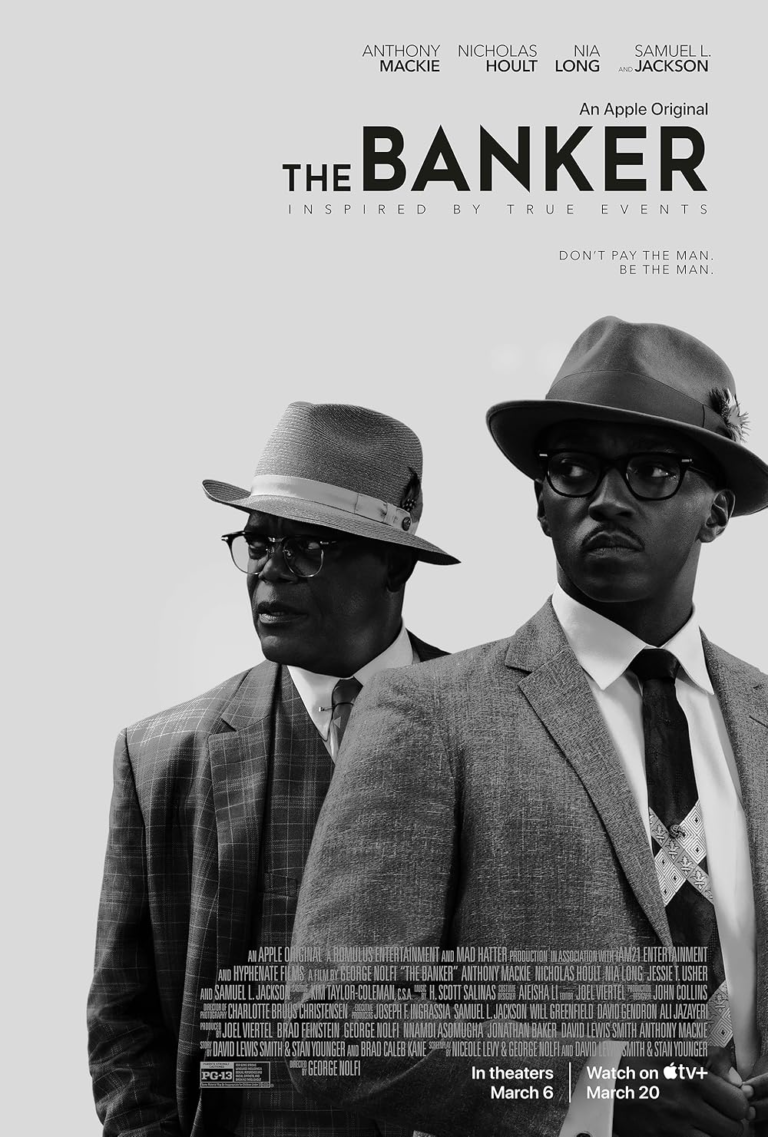Once Upon a Time in America Christian Review

Sergio Leone’s Once Upon a Time in America isn’t your average gangster flick. It’s not the kind of movie you toss on for a quick thrill or a tidy conclusion. No, this one lingers. It asks questions, not always providing answers, leaving you to wrestle with its shifting sands of memory, morality, and regret. For Christians, this sprawling epic is a complex experience: its darkness is undeniable, yet it whispers truths about sin, consequence, and the fleeting nature of worldly pursuits. You don’t come out of it unchanged—or, at least, unthinking.
The Story: A Life Lived in Fragments
The film unfolds like a half-remembered dream. Noodles (played with quiet intensity by Robert De Niro) is a relic of New York’s gangland past. His story weaves through decades, jumping between his youthful rise as a small-time criminal with his friend Max (James Woods) and his later years as a man burdened by regret. The narrative isn’t linear; it’s fragmented, reflective, like flipping through a photo album with pages missing.
For Christians, this approach resonates. How often do we look back on our lives and see only glimpses—moments of joy or pain that stand out, while other details fade? It’s a reminder of the words in James 4:14: “What is your life? You are a mist that appears for a little while and then vanishes.” Leone captures that fleeting quality with stunning precision, showing us how memory is both a gift and a ghost.
Heroes Who Aren’t Heroes
Calling Noodles and Max “heroes” feels almost laughable. They’re deeply flawed men, driven by ambition, greed, and a desperate need for control. Max’s hunger for power is insatiable, while Noodles seems caught between loyalty and an inescapable weariness with the life they’ve chosen. Their partnership is toxic, but it’s also human—rooted in loyalty, jealousy, and betrayal.
From a Christian perspective, their flaws make them tragically relatable. Romans 3:23 tells us, “All have sinned and fall short of the glory of God.” Leone doesn’t sugarcoat this truth. Instead, he magnifies it, showing us the consequences of sin in stark detail. There’s no glorification of their criminal lifestyle here—just the raw, often brutal reality of lives lived outside of God’s will.
The Weight of Time
One of the most striking aspects of Once Upon a Time in America is its deliberate pace. This isn’t a film that rushes to its destination. There are long silences, lingering shots, and a pervasive sense of melancholy. For some, it might feel like too much—a test of patience. But for others, it’s precisely this languid rhythm that gives the story its power.
Time is a central character in the film. It’s in the way the past haunts the present, in the regrets that can’t be undone, in the way youthful dreams dissolve into bitter realities. For Christians, this is a deeply biblical theme. Galatians 6:7 warns us, “Do not be deceived: God cannot be mocked. A man reaps what he sows.” Leone’s characters live out this truth, their choices reverberating through the years in ways they could never have foreseen.
Violence and Its Aftermath
Leone doesn’t shy away from violence, but he doesn’t revel in it, either. The brutality in Once Upon a Time in America is stark, unflinching, and ultimately empty. Unlike the stylized chaos of a Quentin Tarantino film, Leone’s violence feels real—inevitable, even. It’s the natural outgrowth of the lives these characters have chosen, and it leaves scars that never truly heal.
As Christians, watching such scenes is challenging. Violence is a manifestation of sin, a reminder of humanity’s brokenness in a fallen world. Yet, the film doesn’t glorify this darkness. Instead, it asks whether such a life—one built on power, control, and bloodshed—is worth living. The answer, unspoken but clear, is no.
A Land of Shadows
Leone’s America is a place of contradictions. It’s a land of opportunity, but also of violence and betrayal. It’s a place where dreams are built and destroyed, where loyalty and treachery walk hand in hand. The film paints the United States as a land of shadows, beautiful and terrible all at once.
For Christians, this portrayal invites reflection. No earthly kingdom is perfect; all are marred by sin. Yet, within this imperfection, there is hope. As believers, we know that our ultimate citizenship is not in any earthly nation, but in the kingdom of heaven (Philippians 3:20). Leone’s film, for all its darkness, reminds us of the brokenness of the world—and the need for a Savior to redeem it.
Friendship and Betrayal
The relationship between Noodles and Max is at the heart of the film. It’s a bond forged in childhood, but it’s also one that’s poisoned by ambition and mistrust. Their story is a tragic illustration of how sin destroys relationships, no matter how strong they seem at the start.
Proverbs 27:6 says, “Faithful are the wounds of a friend; profuse are the kisses of an enemy.” Yet, in Once Upon a Time in America, even friendship is tainted. Loyalty turns into manipulation, and trust gives way to betrayal. It’s a sobering reminder that relationships built on selfishness and sin will inevitably crumble.
The Role of Memory
Perhaps the most haunting aspect of the film is its exploration of memory. Leone doesn’t give us answers—he gives us fragments, moments that shift and change like the flicker of an old film reel. Noodles’ memories are tinged with regret and loss, and the gaps in his story are as telling as the details he recalls.
For Christians, this theme is deeply resonant. Memory is a gift from God, but it’s also a reminder of our limitations. We see only in part, and our understanding is clouded by sin and time. Yet, in Christ, we have the promise of a future where all things will be made clear (1 Corinthians 13:12).
Beauty Amid the Sadness
It would be impossible to discuss Once Upon a Time in America without mentioning Ennio Morricone’s score. The haunting melodies, punctuated by the ethereal sound of pan pipes, elevate the film to something almost transcendent. Combined with Leone’s sweeping cinematography, the result is a work of art that’s as beautiful as it is heartbreaking.
Yet, beauty alone cannot save the film’s characters. Their lives, for all their grandeur, are ultimately empty. As Christians, this is a reminder that true beauty is found in God alone. The fleeting pleasures of the world pale in comparison to the eternal glory of knowing Him.
Final Reflections
Once Upon a Time in America is not an easy film. Its length, its fragmented structure, and its unrelenting sadness make it a challenging watch. Yet, for those willing to engage with it, the film offers a profound meditation on sin, memory, and the consequences of our choices.
For Christians, it’s a story that invites both caution and contemplation. It’s a vivid reminder of the emptiness of a life lived apart from God, and a call to reflect on where we place our trust and hope. Leone’s epic may not provide answers, but it raises questions worth pondering—questions that point, ultimately, to the only One who holds the answers.
Rating: 7/10
A visually stunning and thought-provoking film that demands patience and discernment. Its dark themes and fragmented narrative may not appeal to everyone, but for those willing to wrestle with its questions, Once Upon a Time in America offers a cinematic experience unlike any other.





